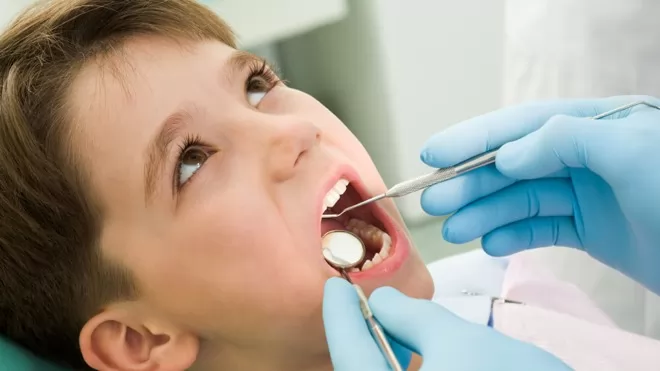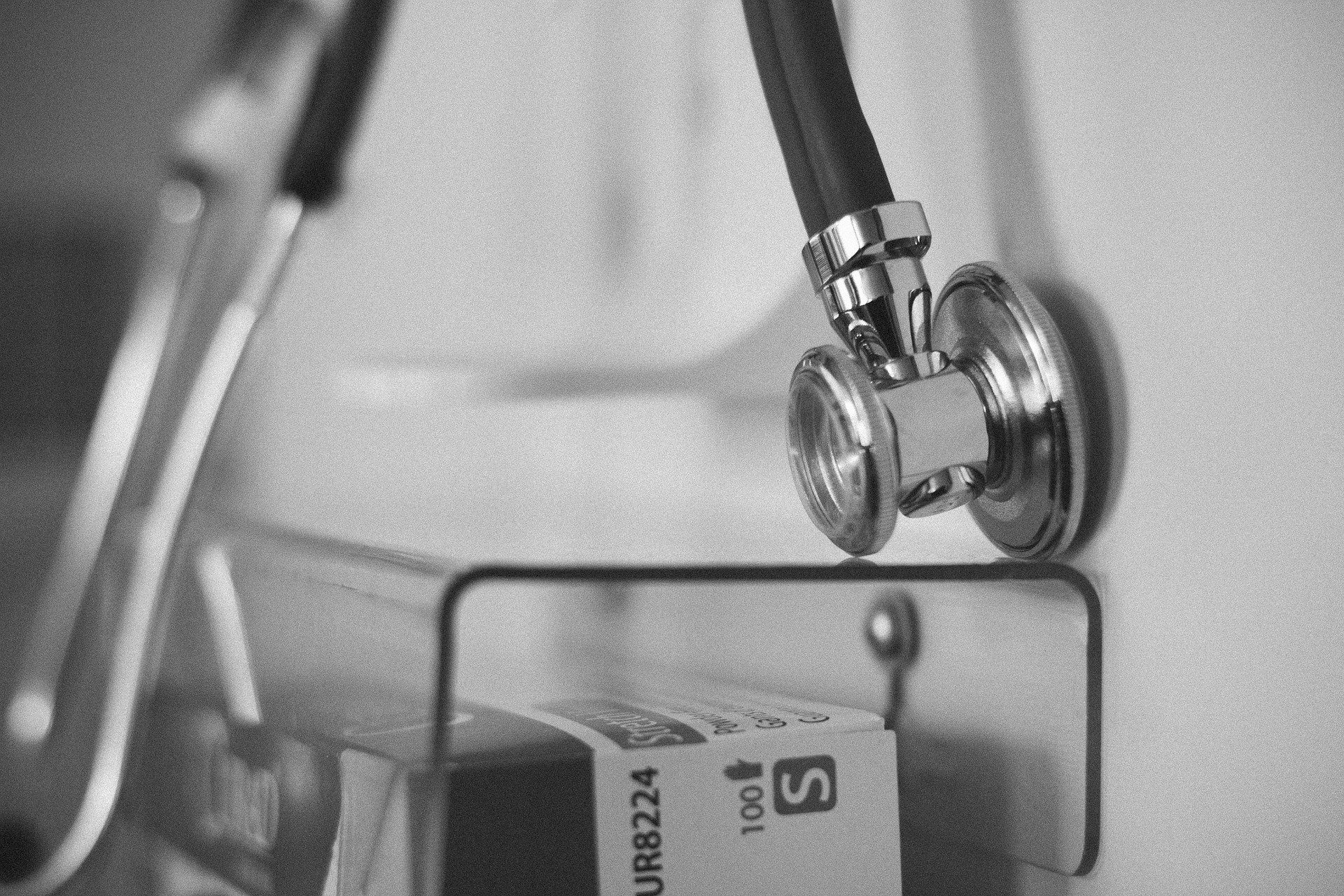Common Dental Problems And Solutions: How A Dentist Can Help?

Dental problems are a common issue faced by people of all ages. These issues can range from minor toothaches to serious gum disease. It is essential to maintain healthy teeth and gums to avoid such complications. However, even with adequate oral hygiene, dental issues can still arise.
Tooth Decay
Tooth degeneration, also known as dental caries, is among the most common dental problems. It is caused by oral microorganisms that generate acids that erode tooth enamel. Cavities can be caused by tooth decay, which, if left untreated, can cause excruciating pain and infection.
The most effective means of preventing tooth decay are good oral hygiene practices, such as twice-daily brushing, regular flossing, and the use of mouthwash. In addition, a balanced diet that limits sugary and acidic foods can prevent tooth decay.
If you suspect you have a cavity, it is essential to consult a dentist as soon as possible. A dentist can diagnose the problem and recommend treatment, which may include a filling, a crown, or a root canal.
Gum Disease
Gum disease is a prevalent dental condition that affects the gums and tooth-supporting tissues. It is caused by bacteria that build up on the teeth and gums and produce toxins that cause tissue damage.
Gum disease is characterized by red, distended, or bleeding gums, foul breath, and unstable teeth. Gum disease can cause tooth loss and even bone injury if left untreated.
Maintaining excellent oral hygiene, such as regular brushing and flossing, is the most effective method to prevent gum disease. Additionally, ceasing smoking, consuming a well-balanced diet, and scheduling regular dental checkups can help prevent gum disease.
If you suspect you have gum disease, you must see a dentist as soon as possible. A dentist can diagnose the issue and recommend treatment, which may include root debridement and scaling, antibiotics, or surgery.
Sensitive Teeth
Sensitive teeth are a common dental problem that causes pain or discomfort when consuming hot, cold, or sweet foods and drinks. Sensitive teeth occur when the tooth enamel is eroded, exposing the sensitive inner layers of the tooth.
Additionally, avoiding acidic foods and drinks and using a soft-bristled toothbrush can also help prevent sensitive teeth.
If you have sensitive teeth, it is essential to consult a dentist. A dentist can diagnose the problem and recommend treatment, which may include using desensitizing toothpaste, fluoride treatment, or dental bonding.
Bad Breath
Bad breath is a prevalent dental issue that impacts a large number of individuals. It is caused by microorganisms in the mouth that generate foul-smelling sulfur compounds.
Maintaining excellent oral hygiene, such as brushing twice a day, flossing routinely, and using mouthwash, is the best method to prevent bad breath. In addition, consuming copious amounts of water and avoiding foods and beverages that contribute to bad breath can help prevent bad breath.
Missing Teeth
Missing teeth are a common dental problem that can affect the appearance and function of your mouth. Missing teeth can be caused by a variety of factors, such as injury, decay, or gum disease.
Maintaining excellent oral hygiene practices, such as brushing twice a day, flossing regularly, and consulting the dentist on a regular basis, is the best way to prevent tooth loss. Additionally, wearing a mouthguard while playing sports and avoiding harmful habits such as nail-biting and using teeth as tools can also help prevent missing teeth.
If you have missing teeth, it is essential to consult a dentist. A dentist can diagnose the problem and recommend treatment, which may include dental implants, dentures, or bridges.




